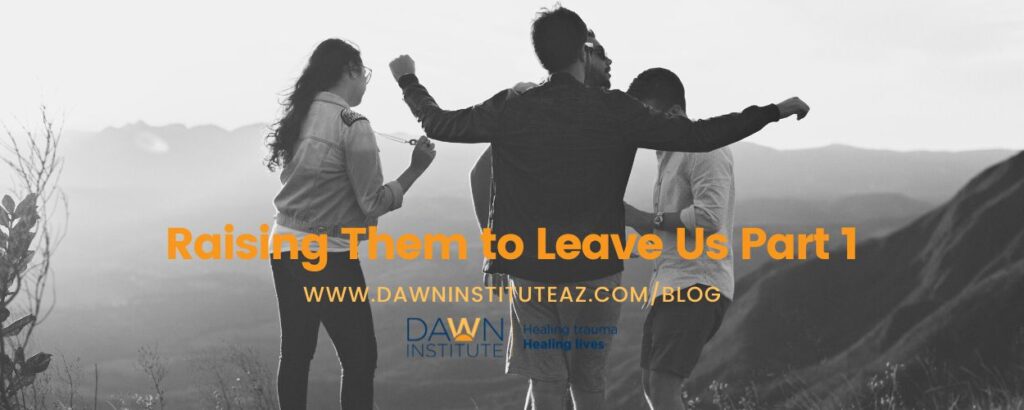As a parent, our primary job is to protect our kids. It sounds simple, right? Well, that’s what I thought when I became a mother to a bouncing baby boy. You see, I didn’t have the greatest beginning to life so decided I was going to use my experience to my advantage. I thought to myself, I truly know about the awful things that my fellow parent-friends didn’t know so I was going to be able to spot every red flag before there’s even a hint of danger and my kids would be so much better off for it. I was going to protect them like a fierce lioness and let no pain ever come to my babies! Well… I had the right idea but the plan was all wrong.
It’s just not that simple.
Protecting our kids involves fostering resilience. Sure, saving my little boy from every possible danger will keep him alive and minimize my anxiety, but it won’t help him when he’s on his own.
Now as I watch my teenager transform into an independent and resilient young man, I find myself more and more grateful that my husband saw parenting a little differently.
I’m not going to lie though, I was not always on board with his parenting style. His high expectations, rules, enforcement of consequences, and not completely giving in when he saw tears roll down our children’s cheeks. I thought he was a monster at times! But… in his defense, this was before I worked through my own traumas. Now I realize that crying over the loss of a privilege after hitting his sister was not a justifiable scenario for me to run in and rescue my baby (by baby, I mean my 10-year-old son).
They need more than just protection and comfort.
My husband helped me to not just rely on my nurturing nature to properly prepare our kids for the pains of the world. He has always been comforting and empathetic with our kids but holds them accountable and enforces consequences. You see, he knew they needed more than just protection and comfort to be able to thrive during difficult times that will undoubtably come their way in adulthood.
We’re raising them to leave us.
It’s sad but true. They need to leave us, and they need to be okay without us. That means that we can’t focus on just protecting them from every discomfort and pain. It also means we can’t have “tough love” be the only love we give because we want them to be strong adults. I can’t tell you how many parents I’ve talked to who have used the phrase “The world is a scary place” as their reason to not allow their teenager to hang out at a friend’s house, let her get her driver’s license, or let her walk to the park with friends.
It was also used to not tolerate their son crying if he isn’t “physically” hurt, to tell her to suck it up if she is upset about something that an adult would easily be able to handle, or remind him that our problems are much bigger than his “teenage problems”.
Instead, we need to be fostering resiliency so the young people we are raising to become adults, can handle it. …Because the world certainly can be a scary place.
It takes balance.
So… What is resilience anyway? Resilience is a person’s ability to go through rough stuff and come out alright, to be unchanged by the traumatic event or even grow from the experience. It means not being completely torn to pieces by the tragedies of life. But to be hurt, be strong, and then withstand. Resilience is not something we are born with. Sure, many kids are born a bit more prone to resiliency than others, but they all need us to teach them to thrive without us. Fostering resilience takes unconditional kindness and high expectations.
This is so much easier to say than do. So many questions come to mind when we are trying to support our teens in building resilience. At Dawn, we are here to help. We understand that building resilience can be hard. Stay tuned for our next blog posts that will answer some of these questions.

